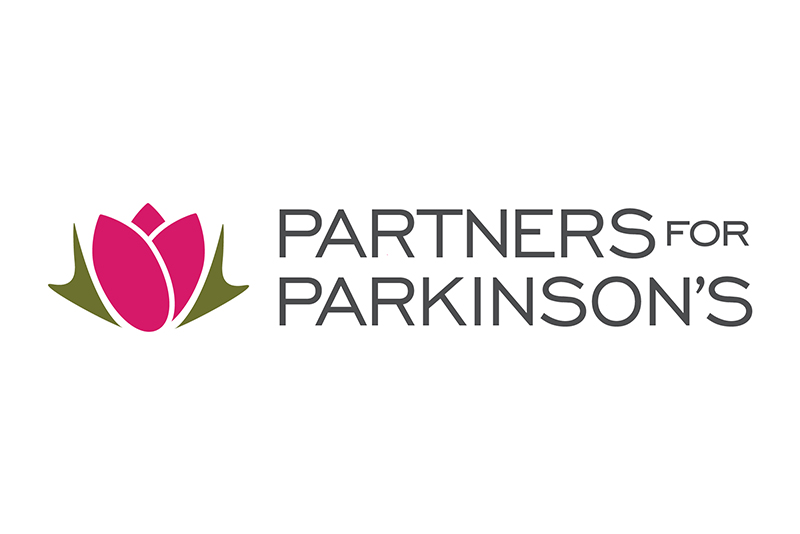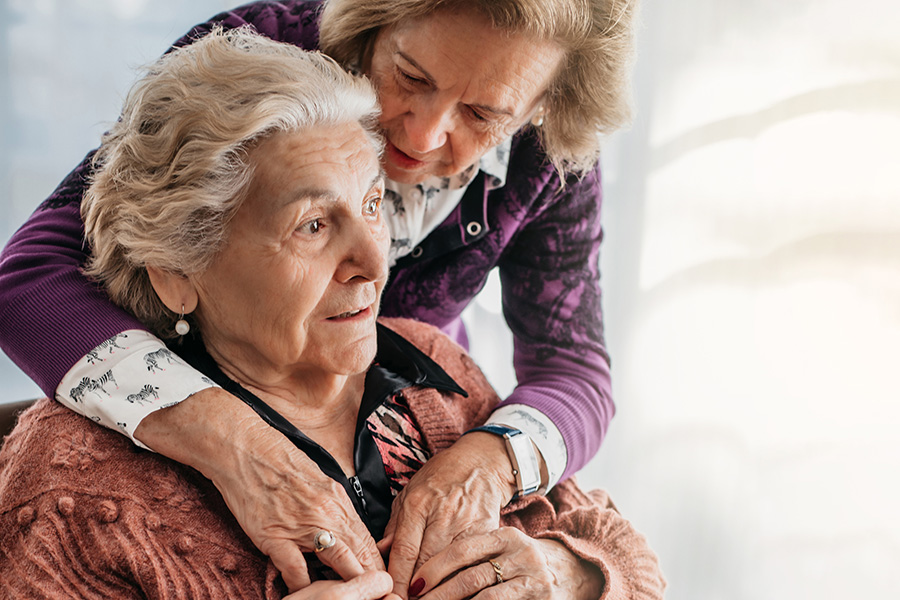National Assisted Living Week (NALW) is an annual observance in the United States that celebrates the role of assisted living communities in caring for seniors and individuals with disabilities. It usually takes place in September, starting on Grandparents Day (the first Sunday after Labor Day) and runs through the following Saturday. This year, it will be held Sept. 8-14, and Jackson Creek Senior Living will host several events and a Spirit Week to celebrate.
Seniors seek assisted living for various reasons, primarily related to their health, safety, and overall quality of life. Here are eight factors to consider when assessing whether assisted living is the right choice for you or a loved one.
1. Health and Medical Needs
Many seniors have chronic health issues requiring regular monitoring and care. Assisted living communities help manage medications, ensuring they are taken correctly and on time. Residents also have immediate access to healthcare professionals and different levels of care, crucial for those with medical needs.
2. Daily Living Assistance
Assisted living provides support for seniors who need help with activities of daily living, such as bathing, dressing, grooming, and meal prep. Mobility assistance, regular housekeeping, laundry, and maintenance services are also available.
3. Safety and Security
Assisted living is designed to minimize the risk of falls and accidents, with regular supervision ensuring help is readily available if, and when, it’s needed. Residents may have emergency call devices, such as pendants or call buttons in their apartments, and receive daily check-ins from team members.
4. Social Interaction and Activities
This is often overlooked, but assisted living communities offer social activities and events that help prevent isolation and loneliness. Recreational activities like painting, board games, daily exercise, and educational forums keep residents engaged and active.
5. Nutrition and Meals
Residents often gain weight when they move into assisted living, thanks to balanced nutrition and regular, chef-prepared meals. Culinary teams can accommodate dietary restrictions as needed, and mealtimes are key socialization opportunities in assisted living.
6. Family Peace of Mind
Assisted living provides families with a sense of relief knowing that their loved one is being well-cared for with ongoing support from professionals who understand their preferences and needs.
7. Quality of Life
Assisted living allows residents to maintain a level of independence while receiving the help they need. Individualized care plans are developed for each resident, emphasizing autonomy.
8. Cost-Effective Option
While assisted living may initially seem more expensive than living at home, it often proves cost-effective when considering home maintenance, taxes, home care, food, and other expenses. A predictable monthly rent that includes amenities and services offers significant value.
Assisted living provides a supportive environment that enhances seniors’ well-being, allowing them to enjoy a higher quality of life while receiving the care they need. If you would like to learn more about our Assisted Living options at Jackson Creek Senior Living, please give us a call at 719-259-1331. Our leasing professionals can provide a free consultation, schedule a tour and answer any questions you may have.












